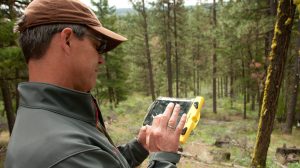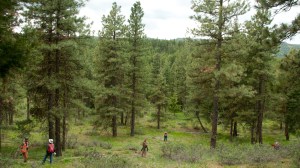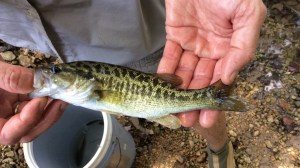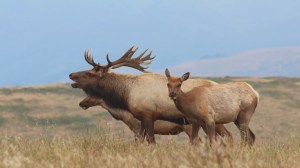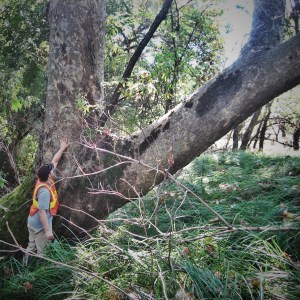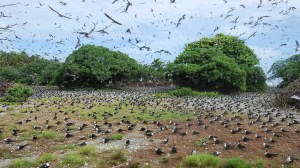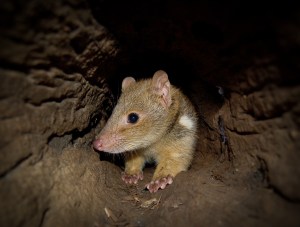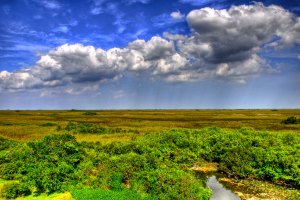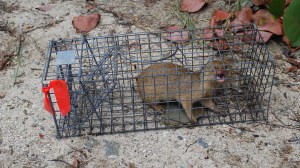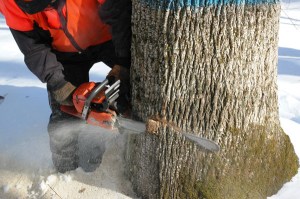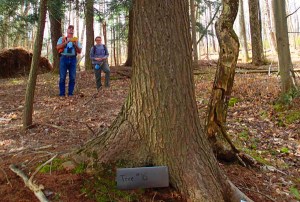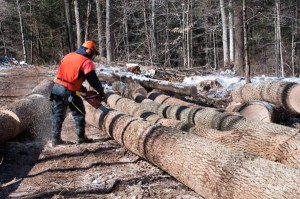Discover stories in Invasive Species
Technology to the Rescue for Foresters in the Thick of It
Managing forests to remain resilient through wildfire, drought, and forest pests in a changing climate is complicated. New technology is helping forest managers to restore forests to a healthy mix of spatial diversity.
Maintaining Healthy Forests Takes More than Planting Trees
Conservationists should plant more trees, but that’s not the whole story. America’s forests must be resilient to survive wildfires and invading forest pests in a changing climate.
Restoring Guadalupe Bass After the Smallmouth Invasion
Guadalupe bass, the Texas state fish, suffered greatly when non-native smallmouth bass were stocked in their river. A new conservation effort is bringing them back.
Recovery: Mending Point Reyes, a Park Impaired by Invasive Mammals
Point Reyes National Seashore is recovering from an unusual invasive threat: non-native deer. Ted Williams reports.
Unraveling the Mystery of the Western Sycamores that Weren’t
The problem? As trees in some of their restoration sites grew to maturity, they didn’t look like the native western sycamores the scientists were sure they had planted.
Recovery: The Miracle on Palmyra
Palmyra Atoll has recovered from many calamities, but it couldn’t recover from rats. Can a dying ecosystem be brought back to life? Ted Williams reports.
Can Helicopter-deployed Toad Sausages Save Australia’s Northern Quoll?
Australian scientists are teaching endangered northern quolls to avoid deadly cane toads by feeding them toad sausages laced with nausea-inducing chemicals. Yes, really.
Greatest Threat to the Everglades? Maybe Not Pythons
A deceptively deadly invasive species is slithering its way through the Florida Everglades, threatening the entire ecosystem. But it’s not a python.
Island Mongoose: Conservation Villain or Scapegoat? Or Both?
When the mongoose was introduced to islands, it ate everything. That's how the invasive species story goes, right? But is it possible it's more complicated than that?
Logging Ash to Save Hemlocks
The preserve was established specifically to protect trees from logging. But what happens when waves of forest pests are going to kill trees anyway? What if logging one tree could help save another? What trees live and what trees die? Welcome to forest conservation decisions, 2014 edition.
Can Integrated Pest Management Save the Eastern Hemlock?
Around the eastern US, hemlocks are dying. Fast. Can anything save them? Some hopeful answers emerge from a Pennsylvania forest preserve.
Change Comes to the Eastern Forest: Five-Part Series Begins Today
Woodbourne Forest Preserve in north-central Pennsylvania was to remain pristine and free of human management. Free of human management, that is, unless there were extraordinary, unforeseen circumstances. Those extraordinary circumstances are here. Welcome to forest conservation in the Anthropocene.
